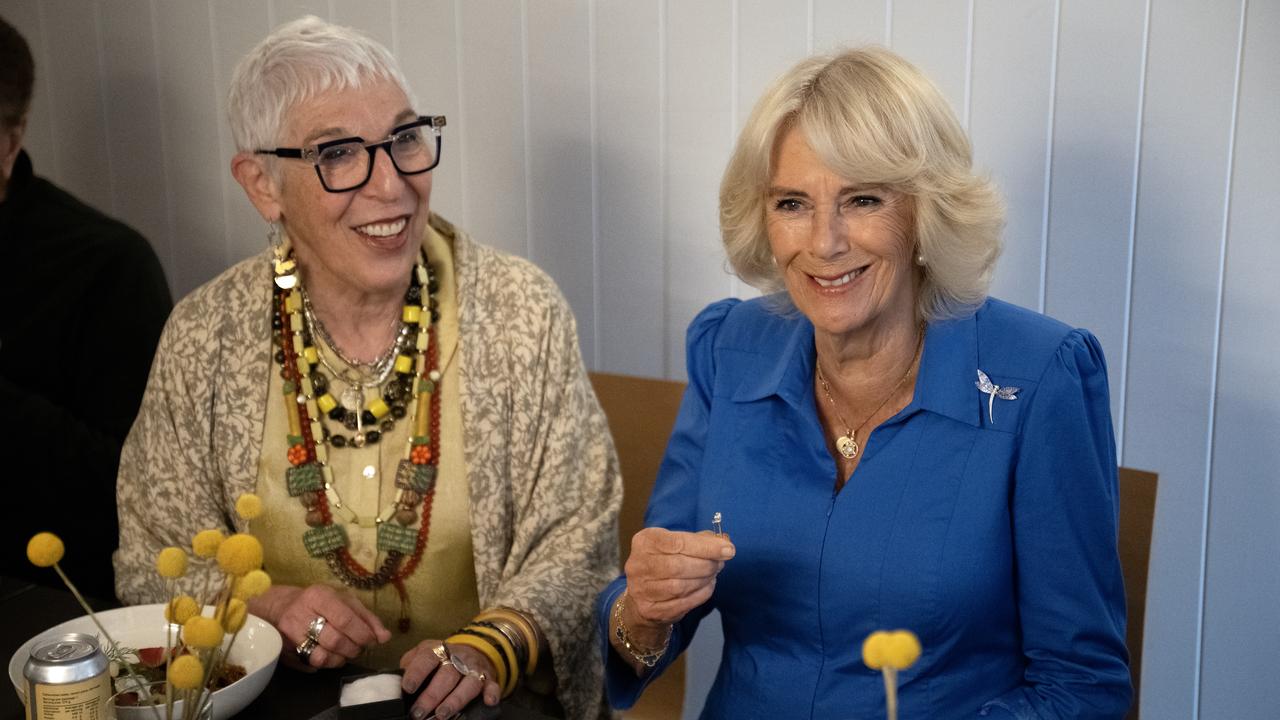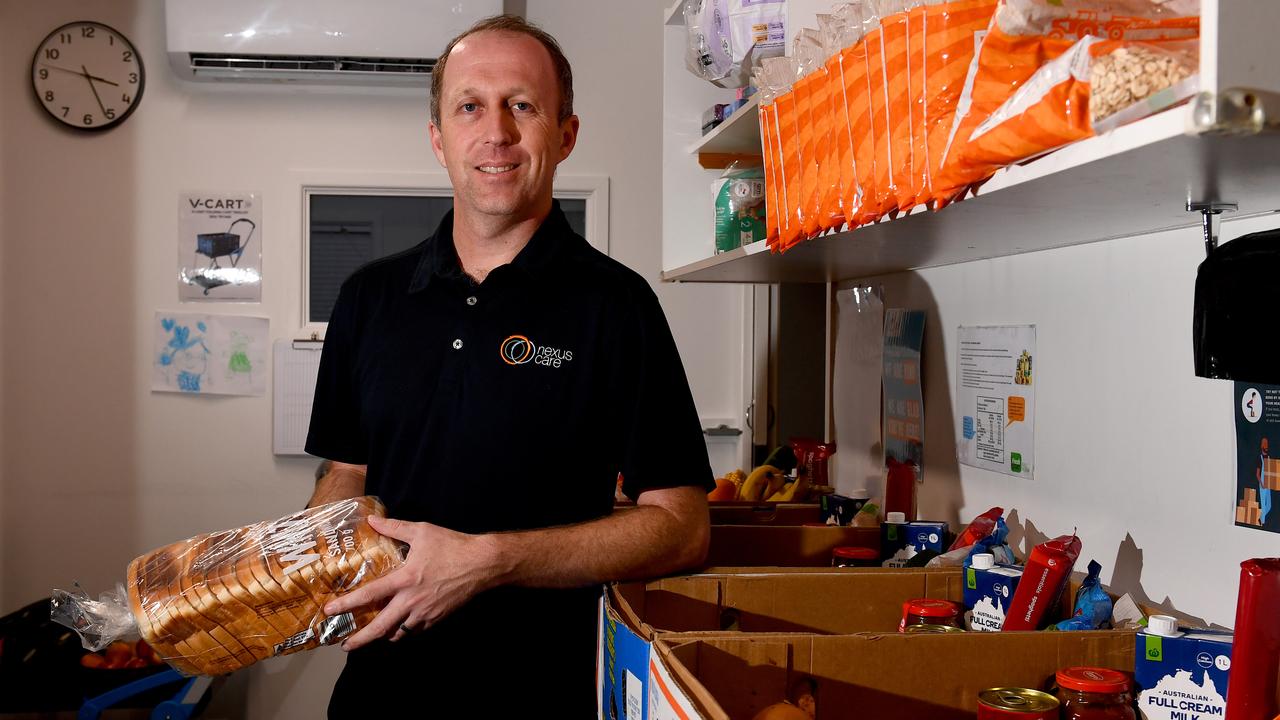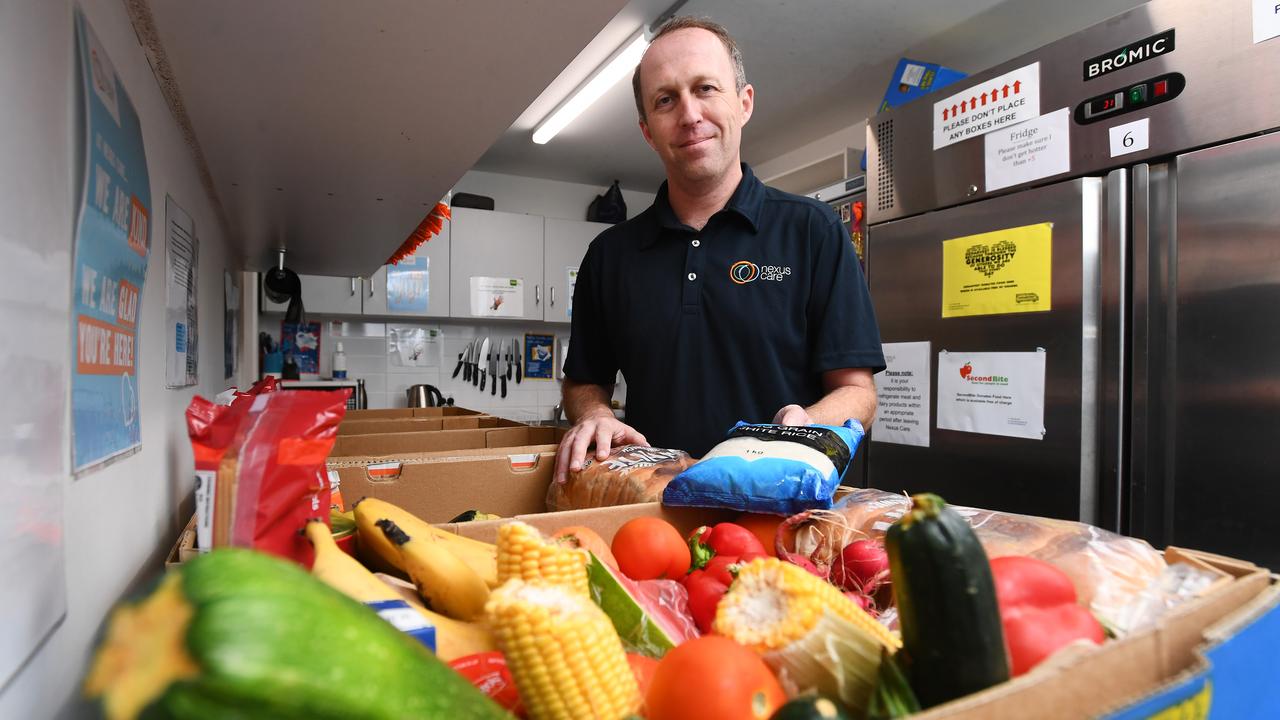Cost-of-living pressures have led to a surge in people fronting food charities, including double-income families, with many turned away as providers struggle to meet demand.
A survey of hundreds of free food providers in the OzHarvest network found a 54 per cent increase in people being turned away from charity doors, with 77 per cent of charities reporting a rise in people seeking food in the past year.
Almost a third of people asking for help were doing so for the first time in their lives and many were double-income earners, OzHarvest founder Ronnie Khan said.

“The scariest thing for us as a country is that this is a hidden crisis and we now have people who are working who cannot afford to finish the month and food becomes the only thing they can control,” she told AAP.
The outgoings they cannot control include power bills, mortgage and rent payments, fuel for the car, health fees and phone and internet costs.
When they walked into a supermarket, they could make a choice to cut food costs but that led to less nutritional value for a family when they could not afford fresh fruit and vegetables and meat, Ms Khan said.
“Kids are coming to school without breakfast,” she said.
“If you have not got food in your belly, you cannot concentrate, so it’s a vicious cycle.”
That led to children not learning, having behavioural problems and being kicked out of the classroom, Ms Khan said.
She said there was a “new demographic of working poor” who never needed food before.
“The shame and the guilt and the lack of dignity about having to front up at an organisation that supports feeding is immeasurable.”
OzHarvest is Australia’s leading food rescue organisation, collecting surplus food from more than 2600 businesses, including supermarkets, restaurants, cafes, hotels, retailers, airports and retail food outlets.

Every week, more than 300 tonnes of food are saved from going to landfill and delivered to about 1550 charitable agencies.
OzHarvest is urging the government to appoint a minister to co-ordinate food security and food waste solutions and provide ongoing funding for essential food relief, along with increased welfare payments and housing affordability measures.
Josh Plumb, executive manager of Nexus Care, part of the OzHarvest distribution network, says his charity in north Brisbane has in the past five years seen a steady increase in demand and a 30 per cent rise in the past two years.
The corresponding food supply pressures meant the charity had to limit its catchment area about a year ago so it could meet demand locally, as well as reduce the size of its food parcels, he told AAP.
“More than ever before, we are hearing people say ‘I never thought I needed to access a place like this’,” Mr Plumb said.
“Single-parent families are definitely a cohort that’s large through our doors.”
But there was also a notable increase in the number of young double-parent families fronting up seeking food aid, Mr Plumb said.
OzHarvest’s yearly survey canvassed about 1550 charities in its network, with 874 responding.
Australian Associated Press is the beating heart of Australian news. AAP is Australia’s only independent national newswire and has been delivering accurate, reliable and fast news content to the media industry, government and corporate sector for 85 years. We keep Australia informed.





